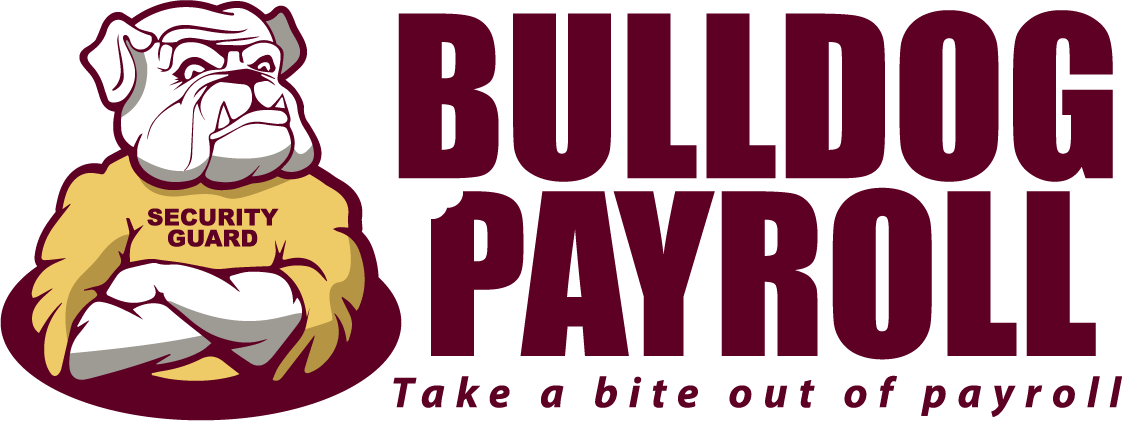Common Payroll Mistakes and Errors to Avoid
Your employees report to work with the promise that you will pay them their fair dues on time. Miscalculations in their payments could damage employee relations. Additionally, late payments could cause employees to lose faith in your integrity.
Underpaying an employee could put them in a precarious financial position with bounced bill payments and late fees. On the other hand, overpaying an employee causes financial loss to your company.
This is why it's important to use the right tools and resources to have an effective and accurate payroll. Keep reading to learn about the most common payroll mistakes and how to avoid making them.
Misclassifying Employees
One of the most common payroll mistakes employers make is to misclassify their employees. Misclassification of an employee occurs when you place them in the wrong pay group. For instance, you could classify a new employee as an independent contractor when they are an employee.
Another example is classifying an employee as overtime-exempt when they should get overtime if they work over 40 hours per week. Such misclassifications would result in underpayments for the employee, which would break their trust in you. You may also get fined under the Fair Labor Standards Act (FLSA).
Miscalculating Pay
Miscalculating employee pay is probably the most common payroll mistake that employers make. Errors can happen if the employee is a new hire or if there are changes in an employee’s contract. Mistakes may also happen if there are changes to employment taxes or insurance payments.
Whatever the case, miscalculating staff pay can be very frustrating for the employee involved. If you made an overpayment, they have to deal with getting a deduction on the next pay cycle. If you underpay them they may have trouble paying their bills.
Should you miscalculate an employee’s pay, it's important to do a payroll correction immediately. A payroll correction involves adding or subtracting money from the original payroll to account for any mistakes. Some states allow employers to wait until the next period to pay an employee any owed funds.
In Oregon for instance, the underpayment must be less than 5% of the employee’s total paycheck. In case the underpaid amount is more than 5%, you must pay the owed amount immediately. Other states like Florida do not have any regulations about when to do payroll corrections.
Missing Payroll Deadlines
Managing payroll timelines is necessary if you want to pay your employees on time every month. There are many steps involved in calculating payroll.
For instance, the accountant may have delayed sending payment instructions to the bank resulting in delayed salary payments. When you pay your salaries late you damage your reputation as an employer. Prompt salary payment is the bare minimum of expectations that employees have for their organization.
Timely tax payments are equally as important as there are many financial and legal consequences for late payments. You may cost your organization thousands of dollars in fines for any late statutory payments.
Is payroll a thorn in your side? Let us handle all the stress related to payroll so you don't have to...
Neglecting to Send Out Tax forms
At the end of every year, each of your employees must get a W-2 while independent contractors that earned more than $600 must get a 1099. Neglecting to send out tax forms is another one of the most common payroll errors that employers make.
Employees need these forms to file their taxes on time. Delaying or forgetting to send out tax forms can inconvenience your employees and spell legal trouble for your organization.
Failing to Keep Complete Records
The last of the most common payroll errors that employers make is failing to keep records of each month’s payroll. The FLSA requires employers to keep at least 3 years’ worth of payroll records. Some states may need organizations to keep records for even longer periods.
These records can come in handy during financial audits or if you need to prove your case after a lawsuit. Payroll records can also make your monthly payroll easier. You can refer to them when calculating the present month's salaries.
How to Avoid Payroll Errors
You can avoid many payroll mistakes by investing in a payroll service provider and HRIS software. Accountants and HR admins are human so you can’t fault them for making mistakes when running payroll manually.
HRIS and payroll software make it easy for your company to track employee data and communicate the same to your payroll system. The software also keeps data so that you can produce reports, payslips, tax payments, etc. at the touch of a button. Payroll services may be quite affordable considering the amount of time, money, and headaches it will save you.
Your payroll and HR team should also stay up to date with current payroll regulations to avoid making payroll mistakes. Encourage them to join professional organizations that alert members on any regulatory changes. The payroll administrators must also conduct some research before classifying employees.
Another way to avoid common payroll errors is to run reports that can allow you to check the accuracy of your payroll. First, you can run a deductions report to double-check the amounts that will be deducted from each employee’s salary.
You can also run a payroll register to see all the payroll information in a summary format. Finally, you can also run a cash requirement report to see how much money you must have in the bank to complete all the payroll payments for the month.
Your organization can also avoid payroll errors by having a written procedure or checklist detailing all the steps you must follow to complete payroll. This ensures that nothing is ever missed when making payments. Payroll admins can also keep lists of any employee updates in a central location. This may include information like new hires, salary increments, salary advances, etc that the admin can quickly check when processing payroll.
How to Fix Common Payroll Errors
As soon as you notice that you have made a payroll mistake you should adjust the error as soon as possible. If necessary, you must also notify any state and federal authorities that you report to.
There are three main ways to fix common payroll errors. The first and best way is to immediately cancel the payroll, make updates and then reprocess it. Or you can run an additional payroll that adjusts only the affected employees. Finally, you can make payroll corrections on the following month's payroll.
Learn More About Common Payroll Mistakes
Payroll is easily the biggest expense for most businesses. Mistakes can be very costly for both your employees and your company. Investing in the right payroll and HRIS software can save you many costly payroll mistakes.
Maintain your employee’s trust by choosing the right payroll software. read the rest of our blog. Contact us for a free consultation.
Are you looking for more payroll processing information? Check out our
Ultimate Guide to Payroll Processing.
Is payroll a thorn in your side? Let us handle all the stress related to payroll so you don't have to...










